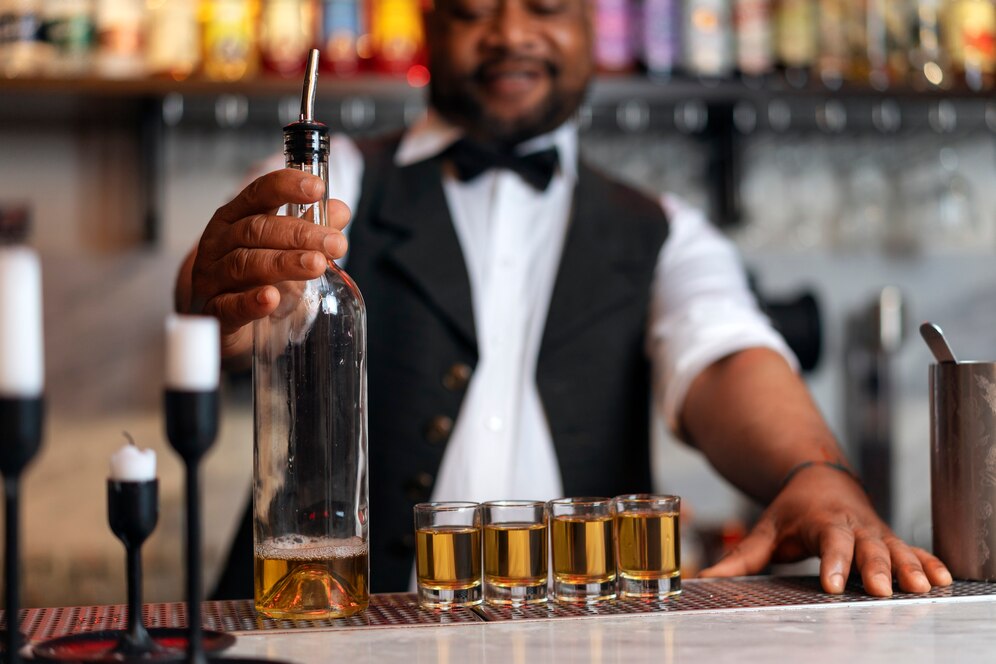Obtaining a liquor license is a necessary step for individuals or businesses planning to sell or serve alcoholic beverages in Namibia. The process of applying for a liquor license can seem daunting, but with the right information and guidance, it can be navigated successfully. In this article, we will provide a step-by-step guide to help you understand and undertake the application process for a liquor license in Namibia.
Step 1: Determine the Type of License:
The first step is to determine the type of liquor license you need based on your specific business or establishment. Namibia offers various types of liquor licenses, including on-consumption, off-consumption, and special event licenses. Each license type has its own requirements and restrictions, so identify the most appropriate license for your establishment.
Step 2: Gather Required Documents:
Before submitting your application, gather the necessary documents. These typically include:
- Completed application form (obtained from the Liquor Board or online)
- Copy of your identification document or passport
- Proof of ownership or lease agreement for the premises
- Certificate of fitness for the premises
- Floor plan and layout of the establishment
- Police clearance certificates for all directors or partners
- Tax clearance certificate for the business entity
- Consent letters from the local authority or town council
Step 3: Attend an Information Session:
Namibia’s Liquor Board conducts regular information sessions to provide guidance on the application process and legal requirements. Attend one of these sessions to familiarize yourself with the regulations, ask questions, and gain a better understanding of the expectations and responsibilities associated with holding a liquor license.
Step 4: Submit the Application:
Submit your completed application form and supporting documents to the Liquor Board. Ensure that all required information is provided accurately and that the documents are complete. Incomplete applications may result in delays or rejection.
Step 5: Pay Application Fee:
Pay the required application fee. The fee varies depending on the type of license you are applying for. Obtain the fee structure from the Liquor Board or their website and make the necessary payment. Retain the receipt as proof of payment.
Step 6: Inspection and Evaluation:
Once your application is received, the Liquor Board will conduct an inspection of the premises to ensure compliance with health, safety, and licensing requirements. They will also evaluate your application based on the criteria set forth in the Liquor Act. This evaluation process may take some time, so be patient and prepared to provide any additional information requested by the board.
Step 7: Decision and Issuance:
After the evaluation process is complete, the Liquor Board will make a decision regarding your application. If approved, you will be issued a liquor license. If there are any concerns or issues with your application, the board may request further clarification or modifications.
Step 8: Compliance and Renewal:
Once you have obtained your liquor license, it is important to comply with all regulations and conditions outlined by the Liquor Board. Ensure that your establishment operates within the parameters of the license and adheres to all legal requirements. Liquor licenses in Namibia are typically valid for one year, and it is your responsibility to renew the license before it expires.
Applying for a liquor license in Namibia requires careful preparation, attention to detail, and adherence to the legal requirements set forth by the Liquor Board. By following the steps outlined in this guide, you can navigate the application process smoothly and increase your chances of obtaining a liquor license for your business or establishment. Remember to stay informed about any updates or changes in the licensing regulations and maintain compliance with the conditions of your license to ensure a successful and legally compliant operation.
